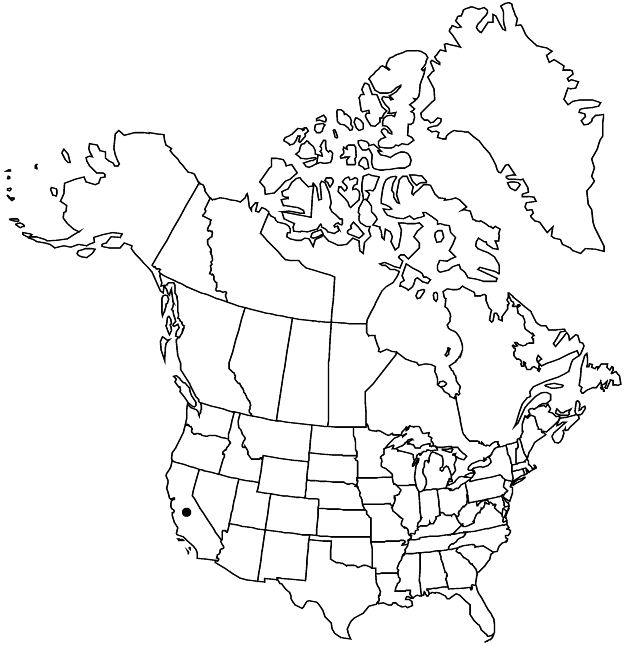Difference between revisions of "Ivesia callida"
in N. L. Britton et al., N. Amer. Fl. 22: 286. 1908.
imported>Volume Importer |
imported>Volume Importer |
||
| Line 1: | Line 1: | ||
{{Treatment/ID | {{Treatment/ID | ||
|accepted_name=Ivesia callida | |accepted_name=Ivesia callida | ||
| − | |accepted_authority=(H. M. Hall) Rydberg | + | |accepted_authority=(H. M. Hall) Rydberg |
|publications={{Treatment/Publication | |publications={{Treatment/Publication | ||
|title=in N. L. Britton et al., N. Amer. Fl. | |title=in N. L. Britton et al., N. Amer. Fl. | ||
| Line 47: | Line 47: | ||
-->{{#Taxon: | -->{{#Taxon: | ||
name=Ivesia callida | name=Ivesia callida | ||
| − | |authority=(H. M. Hall) Rydberg | + | |authority=(H. M. Hall) Rydberg |
|rank=species | |rank=species | ||
|parent rank=section | |parent rank=section | ||
| Line 61: | Line 61: | ||
|publication year=1908 | |publication year=1908 | ||
|special status=Conservation concern;Endemic | |special status=Conservation concern;Endemic | ||
| − | |source xml=https:// | + | |source xml=https://bitbucket.org/aafc-mbb/fna-data-curation/src/2e0870ddd59836b60bcf96646a41e87ea5a5943a/coarse_grained_fna_xml/V9/V9_333.xml |
|subfamily=Rosaceae subfam. Rosoideae | |subfamily=Rosaceae subfam. Rosoideae | ||
|tribe=Rosaceae tribe Potentilleae | |tribe=Rosaceae tribe Potentilleae | ||
Latest revision as of 22:56, 5 November 2020
Plants green, ± tufted to matted, often forming hanging clumps, sometimes rosetted. Stems usually pendent or prostrate to ascending, sometimes nearly erect, 0.2–1.5 dm. Basal leaves ± loosely cylindric to weakly planar, 1–7 cm; sheathing base sparsely strigose abaxially; petiole 0.3–3 cm; lateral leaflets (1–)5–8 per side, slightly overlapping, elliptic to flabellate, 2–6(–7) mm, incised nearly to base into (0–)2–4 oblanceolate to elliptic lobes, apex sometimes ± setose, surfaces loosely long-strigose, sparsely glandular; terminal leaflets indistinct. Cauline leaves (1–)2; blade reduced. Inflorescences 1–10(–15)-flowered, open, (0.5–)2–5 cm diam. Pedicels 5–15 mm. Flowers 7–10 mm diam.; epicalyx bractlets 5, narrowly lanceolate, 1.5–3 mm; hypanthium patelliform, 0.5–1 × 2–3 mm; sepals 2–3.5 mm, acute; petals white, obovate, 2–3.5 mm; stamens 20, filaments 1.5–3 mm, anthers maroon, subrotund, 0.2–0.3 mm; carpels 4–8, styles 1.5–1.8 mm. Achenes greenish white to light tan, 1.5 mm, smooth to lightly rugose, ± carunculate.
Phenology: Flowering summer.
Habitat: Crevices of dry, rocky outcrops of granite, sometimes more or less vertical protected cliffs, in montane conifer woodlands
Elevation: 2400–2500 m
Discussion
Of conservation concern.
Ivesia callida occurs in the Tahquitz Peak area of the San Jacinto Wilderness Area, San Jacinto Mountains, Riverside County, where two populations are known (K. Berg 1983). Plants form tight mats in horizontal crevices and loose pendent clumps on vertical rock faces.
Selected References
None.
